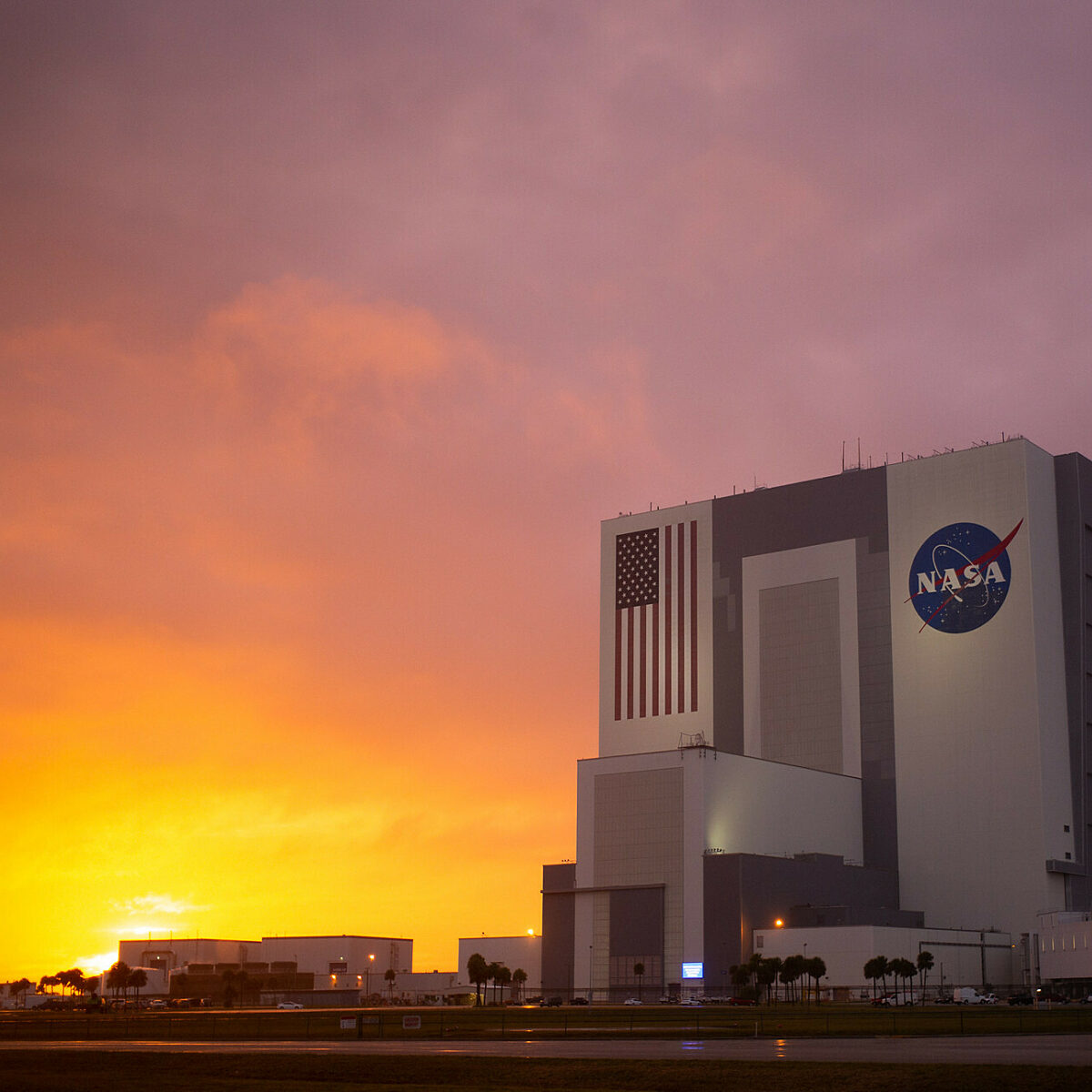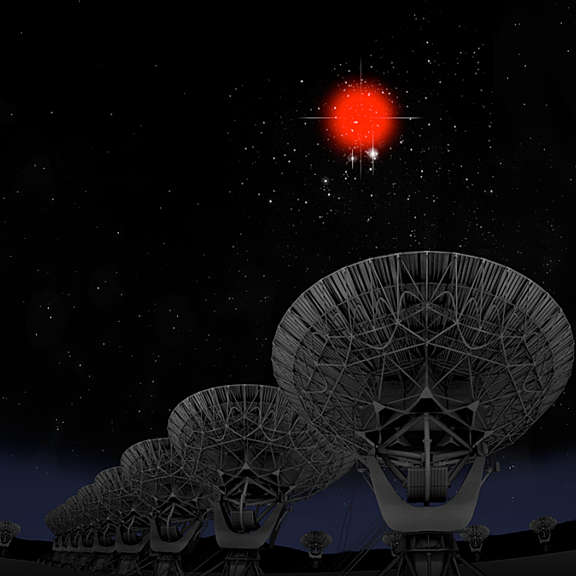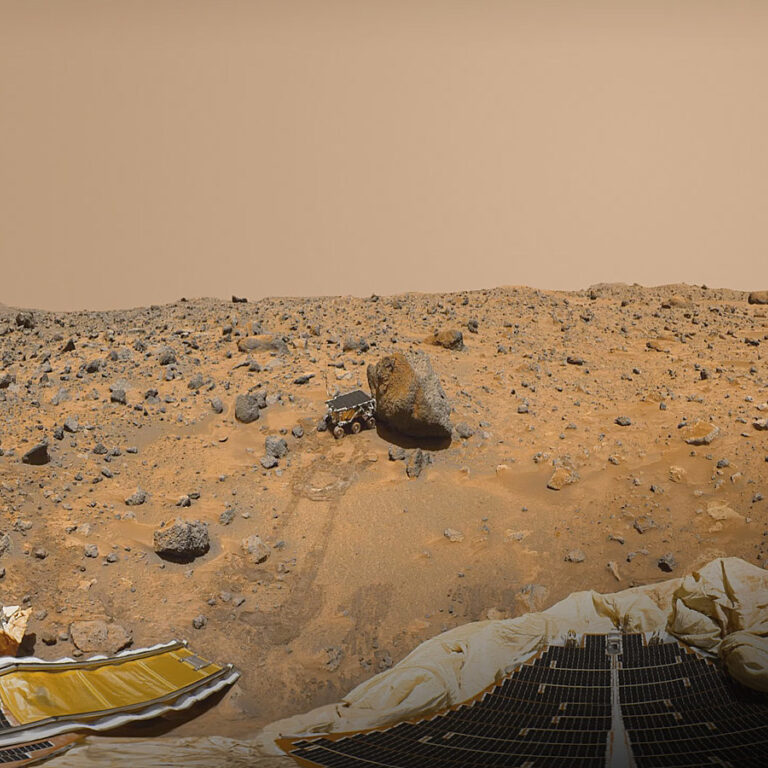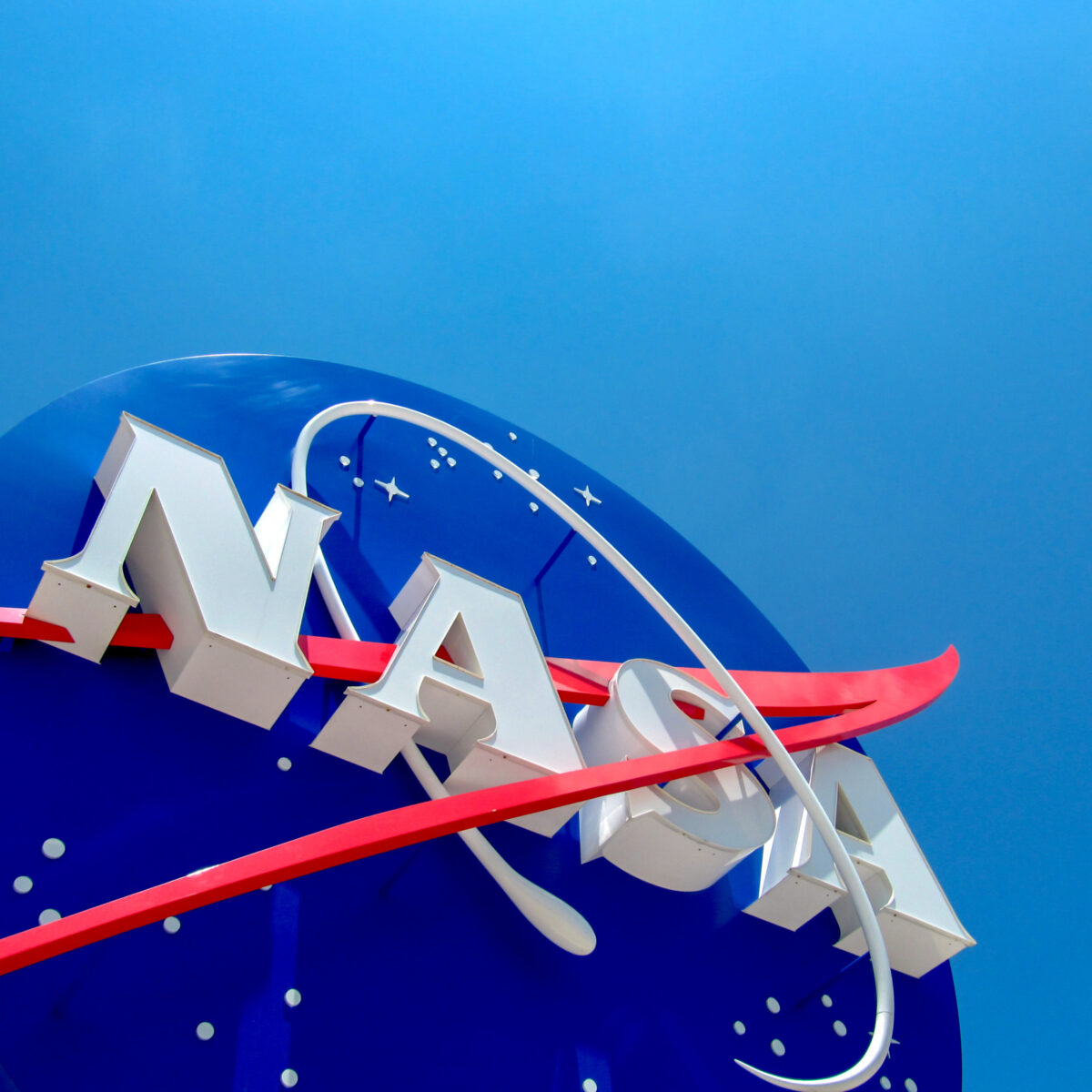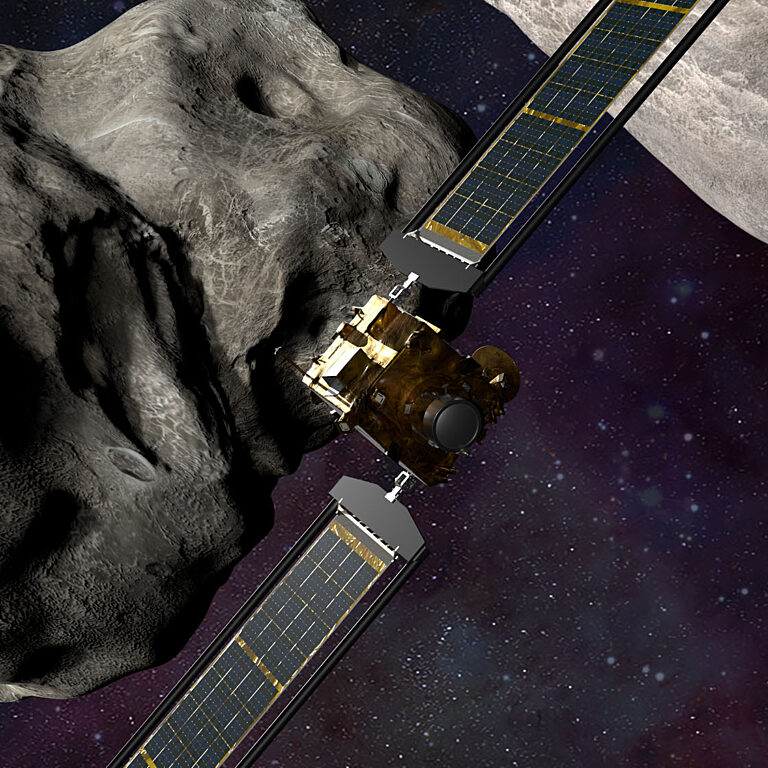Since 2002, Planetary Radio has visited with a scientist, engineer, project manager, advocate, or writer who provides a unique perspective on the quest for knowledge about our Solar System and beyond. The full show archive is available for free.
Search Planetary Radio
What is NASA’s return on investment? NASA chief economist Alex MacDonald and University of Illinois Chicago professor Joshua Drucker provide revealing answers from a new economic impact report.
Bethany Johns of the American Astronomical Society talks with Planetary Society Chief Advocate Casey Dreier about how changes in Washington after the midterm elections may affect support for science.
A special Space Policy Edition featuring a recent policy and advocacy webcast that gave Planetary Society members the opportunity to query Chief Advocate Casey Dreier and Society CEO Bill Nye.
How will nations react if (when?) humanity detects the presence of an alien intelligence or civilization? That’s the topic Planetary Society Chief Advocate Casey Dreier takes up with his guest, astrophysicist Jason Wright.
Former NASA Associate Administrator Mike Gold shepherded the Artemis Accords, a set of bilateral agreements for collaboration in human space exploration. Casey Dreier spoke with him in Florida as we awaited the launch of Artemis 1.
Former NASA deputy administrator Lori Garver returns for a deep conversation with Casey Dreier about her fight to turn the agency toward commercial partnerships and away from the expensive Constellation program.
Space exploration historian Michael Neufeld traces the fascinating history of one of NASA’s most successful programs of planetary exploration.
Professor Bethany Ehlmann served on the steering committee for the new planetary science and astrobiology decadal survey that will steer future exploration of the solar system.
International space policy and sustainability expert Mariel Borowitz explores with Casey Dreier how the war in Ukraine reaches beyond Earth in ways that are chilling and surprising.
A healthy $26 billion has been proposed for NASA next year, but there are at least a couple of troubling factors we’ll discuss as Congress begins its review.
Casey talks with experts about the 50th anniversary of the Pioneer 10 launch toward Jupiter and beyond, and why most outer planets missions since then have been so costly.
Science historian Robert Smith describes how NASA's new flagship space observatory came to be.
Planetary Society chief of D.C. operations Brendan Curry returns for a look ahead at what to expect in 2022.
Veteran astronomer Heidi Hammel discusses how the new astrophysics decadal survey lays the groundwork for decades of exciting science.
The head of NASA’s planetary defense program discusses how the DART mission represents a new era for defending our planet from dangerous asteroids.
Brendan Curry, The Planetary Society’s chief of Washington operations, helps us untangle the fast-changing and complex machinations underway in the US capitol. What does it mean for NASA?
Space outreach expert and social scientist Linda Billings talks with host Casey Dreier about the language space advocates use to share their message.
NASA’s Bhavya Lal returns to explain the challenges and big advantages of nuclear propulsion in space.
The Pentagon has released its assessment of Unidentified Aerial Phenomena. Casey Dreier and science journalist Sarah Scoles talk about what’s behind the renewed interest in UFOs and Sarah’s book, They Are Already Here.
The White House’s proposed 2022 NASA budget is almost entirely great news, as is the announcement that two complementary orbiters will explore Venus.


 Explore Worlds
Explore Worlds Find Life
Find Life Defend Earth
Defend Earth


